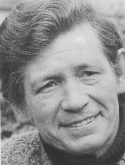Contents
A Cage of Shadows
1973 issue
This book covered Hill’s life up to the early 1950s. It deals in unsparing details with family problems caused by his father’s abusive behaviour, as well as Hill’s own difficulties in early life. It includes unsentimental descriptions of the nature of working-class Black Country existence during the depression, including an account of a rat killing contest and portraits of his adult friends Konk and Pope Tolley. Furthermore, it provides a harsh account of his experiences in a mental hospital, in prison and sleeping rough in London, before ending on a more optimistic note as he finds a new resolve to live a more settled life. The epilogue looks back on his experiences from the perspective of his life when the book was written.
1977 issue of revised text
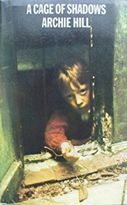
The 1973 text included material about Hill’s mother which she considered defamatory. She successfully sued for libel and the book was reissued in 1977 with an apology from Hill and most references to his mother omitted.
2017 reissue of 1973 text
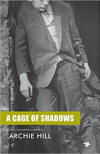
The Tangerine Press reissued the original text in May 2017, the head of Tangerine Press, Michael Curran, declaring it to be a ‘lost classic’.
A Corridor of Mirrors – 1975
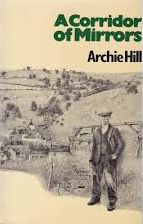
Fictional work set in a Black Country pit village. It tells of an affair between a miner and the Landowner’s wife. Also, the subject of a BBC radio play.
Summer’s End – 1976

This book grew out of the filming for ‘Archie Hill Comes Homes’ when Hill returned to the Black Country. He reflects that ‘men of my generation are the last of the fully Black Country race, perhaps the last echo of it…” and, as in A Cage of Shadows, the book provides autobiographical stories from Hill’s youth, though now told with a slightly mellower and more humorous tone as he realises that, notwithstanding the poverty of the depression, there were still ‘some golden chapters of childhood; that not all my memories were dark and bleak’.
Closed World of Love – 1976

This 110 page book focused on the life and being of Hill’s wife’s disabled son Barry who lived a severely restricted life being entirely wheelchair bound and unable to speak. Hill describes how he is able to learn from his step-son by imaginatively putting himself in his place. The book won the 1977 Christopher Award. In reviewing the book, Tony Parker in the Sunday Times described Hill as “… one of the most sensitive contemporary autobiographical writers we have”.
Sergeant Sahib – 1979
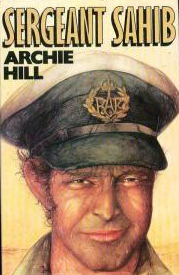
A novel set in Iraq based on Hill’s two years as a military policeman. Includes atmospheric descriptions of the desert and desert villages.
Prison Bars – 1980

A novel based on Hill’s prison experience. Horribly violent.
Dark pastures – 1981
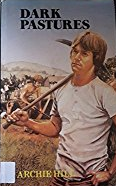
A work of juvenile fiction about the building of the canals and the rivalry between the canal builders and the railway builders.
The Second Meadow – 1982
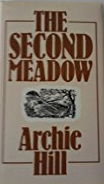
Following three fictional works, Hill returned to his own life for his eighth book. He recounts three months he spent in 1976 living off the land on a remote country estate, making use of his poaching skills to kill animals for food. The title refers to his observation that only brave animals venture to the meadows, far from the safety of the woods. He speculates that only great artists like Beethoven have reached the metaphorical second meadow, and resolves to strive to find the equivalent places in his life.
An Empty Glass – 1984
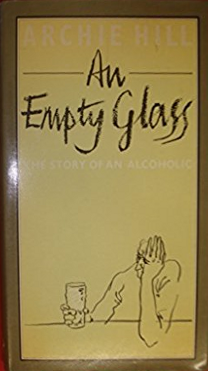
This book looks at Hill’s life, with particular emphasis on the impact of his alcoholism. It reiterates much of the autobiographical details from A Cage of Shadows, but from a different perspective. As this was the last of his writings, it has been speculated that he had run out of subjects to write about; the glass of his life had indeed been drained.
